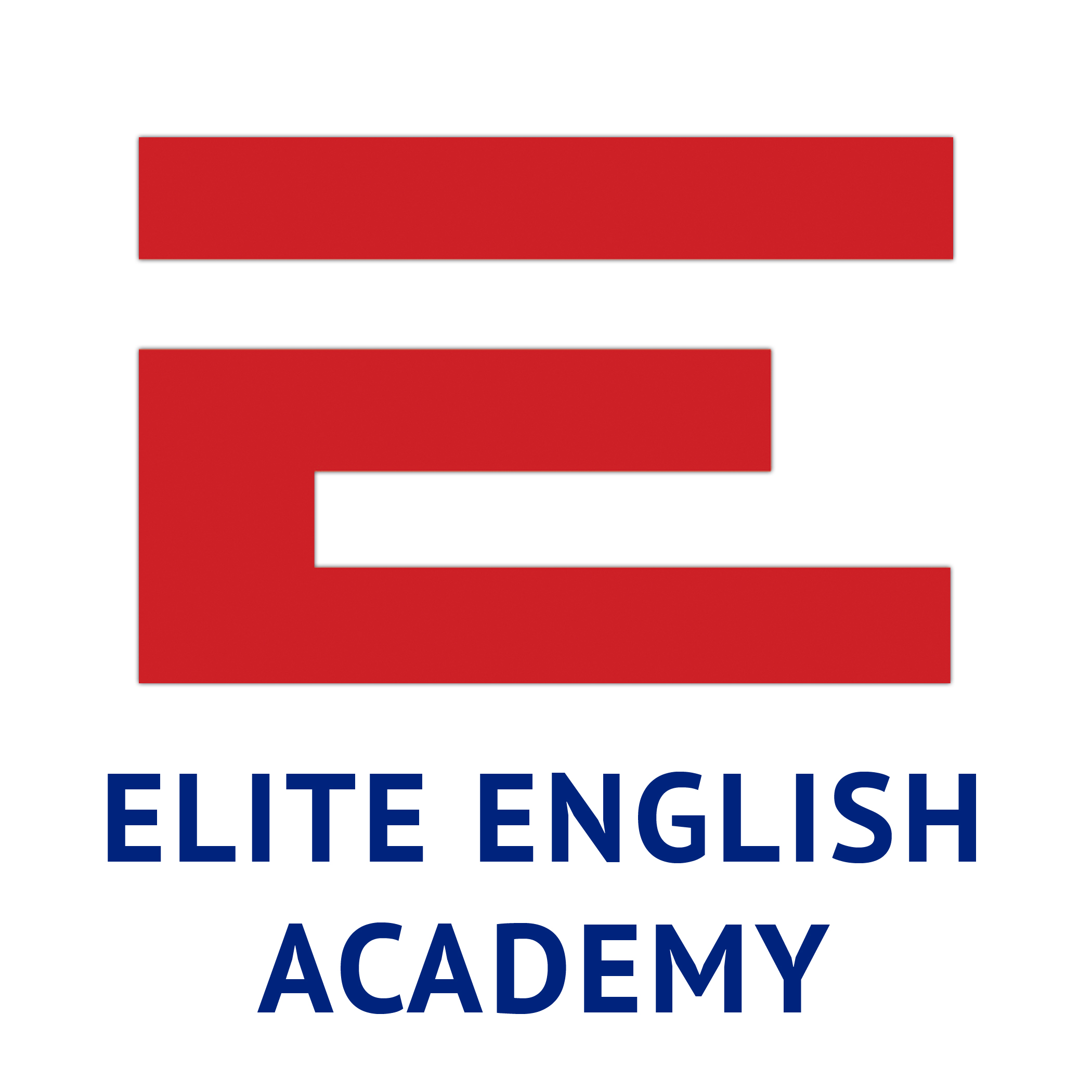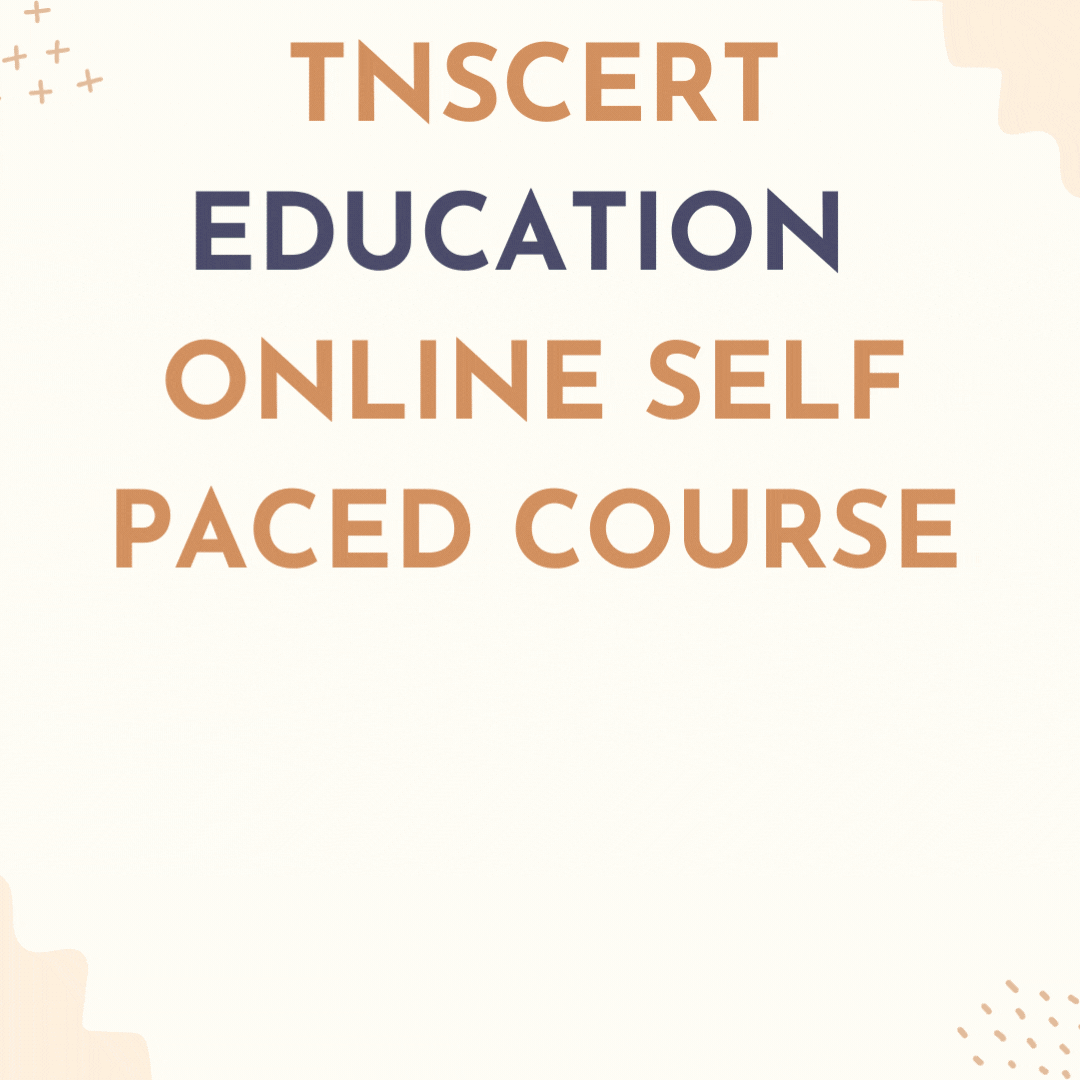TNSCERT Education Exam Online Course
₹5,999.00
Elite English Academy’s TNSCERT Lecturer Exam EDUCATION syllabus Online Course module teaches you the Full Syllabus, key skills and understanding for all sections of the Exam. You’ll get top Learning strategies for preparation, plus hours of learning for the exam, thousands of practice questions, Doubt Clarification and personal mentoring.
Detailed Bilingual Video Lessons (Full Syllabus – Education)
Practice Questions
5 Full syllabus Model Exams
Online lessons videos you can revisit at any time
Doubt Clarifications, Proven Strategies, Tips and Tricks
Syllabus:
Unit 1: Philosophical Foundation
Idealism, Realism, Naturalism, Pragmatism, Existentialism, Rationalism, Humanism, Positivism, Vedanda, Buddhism, Jainism,Islamic traditions with special reference to the concepts of reality, knowledge and value – their educational implications. Values as enshrined in the Indian Constitution & their educational implications.
Unit 2: Sociological Foundation
Sociology and Education – Education – a Social sub-system – Education – an instrument of Social Change – Social
Stratification & Social Mobility – Equalisation of Educational Opportunities in India – Constraints & Solutions – Impact of
Globalisation and Liberalisation in Indian Education – Education for World Citizenship – Human Rights Education.
Unit 3: Psychological Foundation
Learning Theories – Guthrie, Hull, Lewin, Tollman, Piaget, Bruner, Gagne and Ausubel – Motivation Theories – Adler, Maslow
and McGlelland – Intelligence – Theories and Measurement – Personality Measurement Techniques.
Unit 4: Educational Evaluation
Measurement – Concepts, Assumptions and Limitations – Evaluation – Formative, Summative, Illuminative, Goal-based,
Goal-free – Intrinsic and Extrinsic. Tests – Norm-referenced and Criterion-referenced – Construction and Standardisation –
Reliability – Split-half, Test-retest, Parallel Form and Rational Equivalence – Validity – Construct, Criterion, Predictive, Concurrent and Factorial. Norms – Standard Scores, Age Norm, Grade Norm and Percentiles.
Unit-5: Research Methodology & Statistics
Educational Research – Criteria and Sources for identification of Problem. Methods of research – Historical, Normative,
Experimental, Case-study, Follow-up and Trend.
Designs – Exploratory, Explanatory, Causal – comparative and Descriptive.
Techniques – Survey, Interview, Observation and Sociometry.
Tools – Questionnaire, Inventory, Check-list, Score Card, Scale and Schedule.
Proposal – Steps and designing
Sampling – different methods
Descriptive & Inferential Statistics
Parametric and non-parametric.
Measures of Central Tendency & Dispersion.
Correlation – Rank & Product moment.
Regression, Prediction & Equations
Hypothesis Testing – t-test between Means and Percentages & Chi-square Test
Unit-6: Educational Technology
Educational Technology. – meaning and scope: Media technology, System technology, Concept technology and Artificial
Intelligence.
Media Attributes – Sensory Modality, Symbol System, Design Cues & Codes, Locus of Control and Interactive Features.
Ware Approach – Hardware, Software, Useware, Heartware, Underware & Courseware.
Individualised Instruction – PLM & CAI.
Unit-7: Curriculum Development
Curriculum – Varied connotations –Foundations and Determinants
Curricular Models – Kerr, Johnson, McDonald, Zia & Taba.
Curricular Designs – Subject–centred, Learner-centred, Activity-centred, Problem-centred – Fused curriculum.
Curricular Organisation – Concentric, Spiral, Logical, Psychological, Correlated development of subjects & ABC of Curriculum.
Unit-8: Educational Planning & Administration
Management – Definition, concept, nature & universality of management. Management and Administration
Functions of Management – POSD CORB
Theories of Management – X, Y & Z
Kinds of Management – MBO, OBM, Participatory & Crisis.
Educational Planning – Nature and need.
Kinds of Planning – Institutional, Perspective, Sector & Annual
Types of Planning – Downward and Upward.
Unit-9: Guidance & Counselling
Guidance and Counselling – Concept, definitions and need.
Kinds of guidance – Personal, Familial, Academic and Vocational.
Types – Group and Individual
Importance of Aptitude test in Academic and Vocational guidance
Mental Health & Defence Mechanisms.
Unit-10: Teacher Education
Teaching – Meaning, relationship with Education and Instruction.
Teaching levels – Memory, Understanding & Reflective.
Models of teaching –Glaser and Stolurow’s.
Instruction Designing – Resource unit and Lesson plan.
Teaching skills – Micro-teaching – Skill practice, link practice & macro teaching.
Flanter’s Interaction Analysis & Category System.
Information Communication Technology in Teacher Education.
Unit-11: Education for Challenged
Mentally challenged – Categories and educational programmes
Visually challenged – Partial and total – Programmes
Hearing impaired – Degree of impairment and programmes
Orthopaedically crippled – Types, characteristics and programmes
Inclusive Education.
Description
If you’re taking TNSCERT Lecturer Exam and trying to crack it, then there’s a great chance this EDUCATION Syllabus course modulecan really help you. In fact, almost anybody studying for the TNSCERT Lecturer Exam will benefit from enrolling in this course!
What’s included with the course and what makes it unique :
The video lessons are in depth and explanatory on each given topic in the exam syllabus. You can watch / listen to the videos and take hand written notes (which we recommend). In case you want to refer any other study materials you can refer text books, if you have any, otherwise you can get the information from internet.
Tests are provided at the end of every lesson, every Unit and Full syllabus tests at the end of the course.
Note :
No specific study material or third party guides / notes are mandatory for the course. The video lessons are very in depth and explanatory and In case you need to refer to any study material, most of the information are freely available in the internet.But No restrictions on referring to any books / study materials / other contents that you already have at hand.
Contents : The course provides you with online coaching to compete the TNSCERT Lecturer Exam successfully. It contains (a) video lectures and (b) Online Tests
Time : This being a self-paced course, it gives you the option to plan your time yourself. However, we suggest that you put in intense study of as much time as you can to watch the videos, take notes, Recollect learnt lessons at intervals, Take practice tests regularly. Based on the experience of students, we are convinced that this strategy will help you master the concepts and practice sufficiently to Attempt all question, Answer accurately, Time management for each question.
Course Structure : The course is divided into 11 Units in Education containing video lectures covering all the relevant topics. For reinforcement of what you learn and for proper practice, we suggest you prepare hand written notes, refer, recollect at regular intervals, take practice test without skipping any question or tests.
Availability : The course will be available online in our website www.eliteenglish.academy till the date of examination.
Syllabus:
Unit 1: Philosophical Foundation
Idealism, Realism, Naturalism, Pragmatism, Existentialism, Rationalism, Humanism, Positivism, Vedanda, Buddhism, Jainism,Islamic traditions with special reference to the concepts of reality, knowledge and value – their educational implications. Values as enshrined in the Indian Constitution & their educational implications.
Unit 2: Sociological Foundation
Sociology and Education – Education – a Social sub-system – Education – an instrument of Social Change – Social
Stratification & Social Mobility – Equalisation of Educational Opportunities in India – Constraints & Solutions – Impact of
Globalisation and Liberalisation in Indian Education – Education for World Citizenship – Human Rights Education.
Unit 3: Psychological Foundation
Learning Theories – Guthrie, Hull, Lewin, Tollman, Piaget, Bruner, Gagne and Ausubel – Motivation Theories – Adler, Maslow
and McGlelland – Intelligence – Theories and Measurement – Personality Measurement Techniques.
Unit 4: Educational Evaluation
Measurement – Concepts, Assumptions and Limitations – Evaluation – Formative, Summative, Illuminative, Goal-based,
Goal-free – Intrinsic and Extrinsic. Tests – Norm-referenced and Criterion-referenced – Construction and Standardisation –
Reliability – Split-half, Test-retest, Parallel Form and Rational Equivalence – Validity – Construct, Criterion, Predictive, Concurrent and Factorial. Norms – Standard Scores, Age Norm, Grade Norm and Percentiles.
Unit-5: Research Methodology & Statistics
Educational Research – Criteria and Sources for identification of Problem. Methods of research – Historical, Normative,
Experimental, Case-study, Follow-up and Trend.
Designs – Exploratory, Explanatory, Causal – comparative and Descriptive.
Techniques – Survey, Interview, Observation and Sociometry.
Tools – Questionnaire, Inventory, Check-list, Score Card, Scale and Schedule.
Proposal – Steps and designing
Sampling – different methods
Descriptive & Inferential Statistics
Parametric and non-parametric.
Measures of Central Tendency & Dispersion.
Correlation – Rank & Product moment.
Regression, Prediction & Equations
Hypothesis Testing – t-test between Means and Percentages & Chi-square Test
Unit-6: Educational Technology
Educational Technology. – meaning and scope: Media technology, System technology, Concept technology and Artificial
Intelligence.
Media Attributes – Sensory Modality, Symbol System, Design Cues & Codes, Locus of Control and Interactive Features.
Ware Approach – Hardware, Software, Useware, Heartware, Underware & Courseware.
Individualised Instruction – PLM & CAI.
Unit-7: Curriculum Development
Curriculum – Varied connotations –Foundations and Determinants
Curricular Models – Kerr, Johnson, McDonald, Zia & Taba.
Curricular Designs – Subject–centred, Learner-centred, Activity-centred, Problem-centred – Fused curriculum.
Curricular Organisation – Concentric, Spiral, Logical, Psychological, Correlated development of subjects & ABC of Curriculum.
Unit-8: Educational Planning & Administration
Management – Definition, concept, nature & universality of management. Management and Administration
Functions of Management – POSD CORB
Theories of Management – X, Y & Z
Kinds of Management – MBO, OBM, Participatory & Crisis.
Educational Planning – Nature and need.
Kinds of Planning – Institutional, Perspective, Sector & Annual
Types of Planning – Downward and Upward.
Unit-9: Guidance & Counselling
Guidance and Counselling – Concept, definitions and need.
Kinds of guidance – Personal, Familial, Academic and Vocational.
Types – Group and Individual
Importance of Aptitude test in Academic and Vocational guidance
Mental Health & Defence Mechanisms.
Unit-10: Teacher Education
Teaching – Meaning, relationship with Education and Instruction.
Teaching levels – Memory, Understanding & Reflective.
Models of teaching –Glaser and Stolurow’s.
Instruction Designing – Resource unit and Lesson plan.
Teaching skills – Micro-teaching – Skill practice, link practice & macro teaching.
Flanter’s Interaction Analysis & Category System.
Information Communication Technology in Teacher Education.
Unit-11: Education for Challenged
Mentally challenged – Categories and educational programmes
Visually challenged – Partial and total – Programmes
Hearing impaired – Degree of impairment and programmes
Orthopaedically crippled – Types, characteristics and programmes
Inclusive Education.
****** Kind Attn ******
- The course fee is inclusive of 18% mandatory GST amount
Website: www.eliteenglish.academy
Ph / WhatsApp No: +91 6381458485
👉 Instagram Page: https://www.instagram.com/elite_english_academy/
👉 Facebook Page: https://www.facebook.com/pages/category/Education/Elite-English-Academy-Madurai-501976626607647/
👉 Twitter Page: https://twitter.com/eliteenglishac1
👉 Pinterest Page: https://in.pinterest.com/eliteenglishacademy2014/




